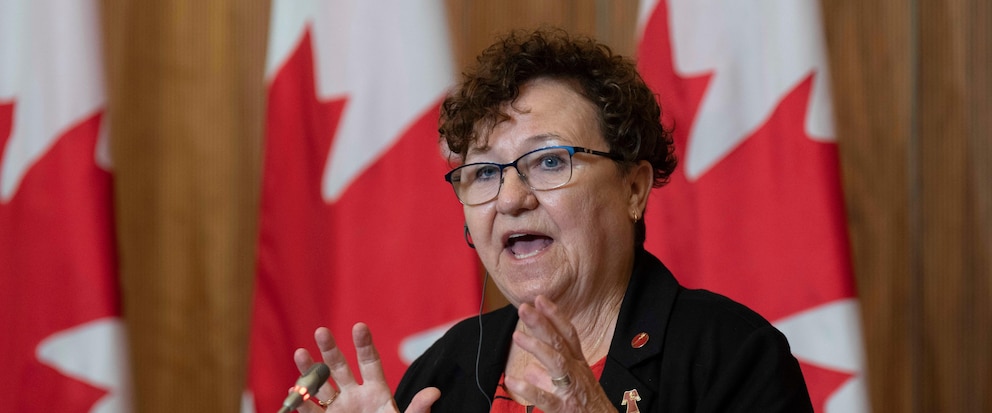The Canadian government says it is urgently trying to end the forced sterilization of Indigenous women, describing the practice as a human rights violation and a prosecutable offense. Yet police say they will not pursue a criminal investigation into a recent case in which a doctor apologized for his “unprofessional conduct” in sterilizing an Inuit woman.
In July, The Associated Press reported on the case of an Inuit woman in Yellowknife who had surgery in 2019 aimed at relieving her abdominal pain. The obstetrician-gynecologist, Dr. Andrew Kotaska, did not have the woman’s consent to sterilize her, and he did so over the objections of other medical personnel in the operating room. She is now suing him.
“This is a pivotal case for Canada because it shows that forced sterilization is still happening,” said Dr. Unjali Malhotra, of the First Nations Health Authority in British Columbia. “It’s time that it be treated as a crime.”



While I agree that assistance in dying should not be used to offset a lack of other necessary care, like mental health, addictions (which I believe are disqualifiers for MAID), or disability, the article provided only examples of health care professionals offering the service to people who had severly diminished quality of life as an option of part of their care. I think it’s a stretch to say these were examples of coersion. The decision is left solely to the patient, and I think their family’s account can often cloud any reporting of what the patient’s wishes actually are.
Anecdotally, the health professionals I know say there are far too many families, and ocassionally doctors who think they’re superheros, who wish to prolong their relative’s/patient’s life for the sole purpose of delaying death. People, like Mr. Nichols’ family, will say he’s got a great quality of life, but picture yourself in his shoes. Deaf for most of your life, now vision loss, seizures, your body essentially withering away. He was suffering, and clearly, he wanted to end it. Several inquiries noted he fully qualified for and received MAID as he wished, even though it may not have been the wish of his family.
I do think it would be useful to have a review panel for more complex cases, like Dr Marmoreo suggests. But, I think the majority of cases where the family might raise concerns are cases where they are prioretizing their wishes above those of the patient actually seeking the care, rather than a professional wantonly pushing MAID for no particular reason.
I dunno, it’s a little sus that they had that one guy who claimed someone was sent to talk to him about “Seeing if he wanted to kill himself”, when he hadn’t said anything to staff about wanting it.
That’s precisely the job of a physician or health professional though. Ensure the patient is aware of the options they have available for care. They saw that he would likely meet the criteria and suggested it as an option. Them explaining the reasons of why they elected to suggest that option of care is not coersion in any sense.
The fact that they’re going to non-terminal patients and trying to talk them into suicide is a problem in and of itself. You MUST recognize that.
Again, they are not trying to talk them into anything, they are saying it’s an available option.